In the Shadow of Death, Part 1
Last April, Alan wrote to me from what he feared would be his wife’s death bed. They were struggling because they both had a firm conviction that God was going to heal her. She had been diagnosed in late 2014 with metastasized breast cancer and given only months to live. Though she had defied those odds by years, her disease continued to progress relentlessly. Why wasn’t God healing her? What more did they need to do to make the difference?
Disease, healing, death, faith, truth, love, mortality, and eternity all converge in death’s shadow, where our emotions are rawest and where it isn’t always easy to separate reality from illusion. Do you keep praying for healing, or take advantage of those last days to have the tender moments to say good-bye to each other? If we do say good-bye, are we demonstrating a lack of faith that will nullify the healing we want? There are no easy answers here that will easily fill in the blanks. Discerning God’s purpose and resting in it can seem all but impossible given an outcome we want so desperately.
That contact began a lengthy email conversation over the intervening months as he let me into the tenderest part of his heart. I wanted to provide a safe place where faith and honesty could walk together as he navigated the uncertain days ahead. With his permission, I want to share that exchange with you, which still continues to this day. I’m going to do it in multiple posts over the next couple of weeks to let you live through the story with us and the things we’ve been learning together, walking through the valley of the shadow of death.
This struggle is all the more complicated when people believe that God is still active today and that he still heals the sick and raises the dead. I believe that. God does make himself known through miracles, gifts of wisdom and discernment, and healing. I’ve seen God do outrageous miracles throughout my life. I’ve also been in many situations where healing seemed so important, but one didn’t come despite the ardent prayers and belief of those involved.
It is not always easy to understand why God doesn’t give us all the miracles we think his love would guarantee, especially when someone we love is at death’s door. We can quickly turn on him, thinking him unloving, or condemn ourselves for not doing enough for him to act. All of this comes into question during our conversation and the events that unfolded. We’ll all face it, with people we love and eventually with our own mortality. Learning how to transit the Valley of the Shadow of Death trusting a loving Father will make those days far easier.
It all began one day in April with this email:
From Alan on April 26:
I have been crying out to God for mercy as my beautiful wife, Lynn is literally at death’s door. She was diagnosed with stage 4 metastatic breast cancer three days before Christmas in 2014. The oncologist said it had spread all over her body and gave her 2 1/2 to 3 months to live. But she is still here, and I literally thank God for every day.
Still, I have prayed daily over these four plus years for her complete physical healing, which hasn’t come. Sadly, last December, a scan revealed that there were “places in her brain” where cancer had spread. She declined in a matter of a few weeks, and I had to call in hospice whose nurse said, “She will likely be gone in two to three days.” That was in early February.
Since then, she rebounded remarkably, going from being bedbound to walking around without assistance. We were so hopeful that the miracle of complete physical healing might be any day. It was weird, Wayne, because I could not understand why God did not just heal her all the way. Nevertheless, every night before bed, we would bump fists and say to one another, “Another day!”
Last week she plummeted medically and lost her balance. I preach on my podcast and in opportunities where I am asked to speak, Isaiah 53 and the horror Jesus endured for our healing. I genuinely believe miracles are for today and that the Word is true. I share things that I have learned through your ministry, and I do believe He loves me.
She told me a couple of days ago, “You need to let me go.” I was devastated. Up to this point, she was all-in for being healed in this realm. (I know she will be healed when she steps fully into the eternal realm, but we both were believing for her physical healing now in this body.)
Through tears, I walked her to the door and told her, “Go ahead, Lynn. Enter into your rest. Listen as God says to you, “Well done.” I guess her body is not ready yet to shut down even though she is ready to leave. The last three days have been brutal, watching her decline more and more, still asking God for a miracle, and wanting her suffering to end either by that miracle or by stepping into eternity.
So here I am, an ordained minister, a veteran Christian, and a crying, broken mess. It would not be so difficult if the statements in Scripture were not so affirmative. “Speak to this mountain and believe” “Ask anything in My name, and it shall be done” “By His stripes, you are healed” “If any two of you agree it shall be done” and on and on.
I find myself having thoughts like, “Why doesn’t it work?” I ask God, and He is silent. I know He is not a genie, but I find myself thinking if we can’t trust these healing Scriptures, why even bother to ask? I know the answers I would give to someone in my position, it just seems so much more difficult to walk through personally.
Wayne, it’s incredibly hard. The Bible says, “the two will become one flesh,” and I feel like I am being ripped apart brutally.
My Response:
Your email broke my heart this afternoon. I am touched by your need, the passion you have for Lynn, your confusion at the healing Scriptures that seem to put God’s power at our disposal, and the horror of standing at death’s door with the love of your life. I can’t imagine… My heart really goes out to you and please know that I am praying for you in this most trying of circumstances.
I have no answers, as you well know. Just a compassionate heart and one that will hold you and Lynn before the Father today. I know God heals. I have witnessed some extraordinary miracles in my life, and I’ve also seen people die in the face of the most ardent, sincere, selfless prayers. As far as I can tell, there is no rhyme or reason as to why this one and not that one, at least that we can see from here. I do know God heals. I also know that healing is not at my desire or even diligent prayer. Yes, the Scriptures are confusing. I know they mean something, but am pretty sure it isn’t what we are first inclined to think.
I also know it is exhausting for people to try to get healed, or to try to get a loved one healed. Even trying can rob us of the precious moments we could have with them if indeed they are the final ones in this life. In the end, I know that all of my life, and that of my loved ones, is in his hands. Not everything he does will make sense to me in the confines of this age, but will in the age to come. There lies our hope. Whether Lynn rebounds or slips more directly into Father’s hands, is not ours to control.
It sounds like you’ve loved her well. Keep on loving her to the end. Her healing was never in your hands. You’ve had to walk a most painful journey, and my heart goes out to you. If I weren’t in Norway at the moment, I’d give you a call just to express that more personally and to let you know you are not alone at this moment. That God understands ALL your pain and disappointment in these circumstances, and his love will swallow them all up in time.
Hurt with him. Grieve with him. Hold your question before him. He will get you through this. Faith does not rest on the outcomes we want most, but a Father’s love we can trust even when don’t understand.
Please keep me posted on what unfolds here. I’ll be praying for you both, that the comfort, power, and fullness of God’s presence will be your strength and refuge every day.
To be continued…
[If you’d like to receive this series in your email inbox when they are posted, simply fill in your email address in the box at the upper rigth of this page: “Recieve Blog Posts via Email.”]








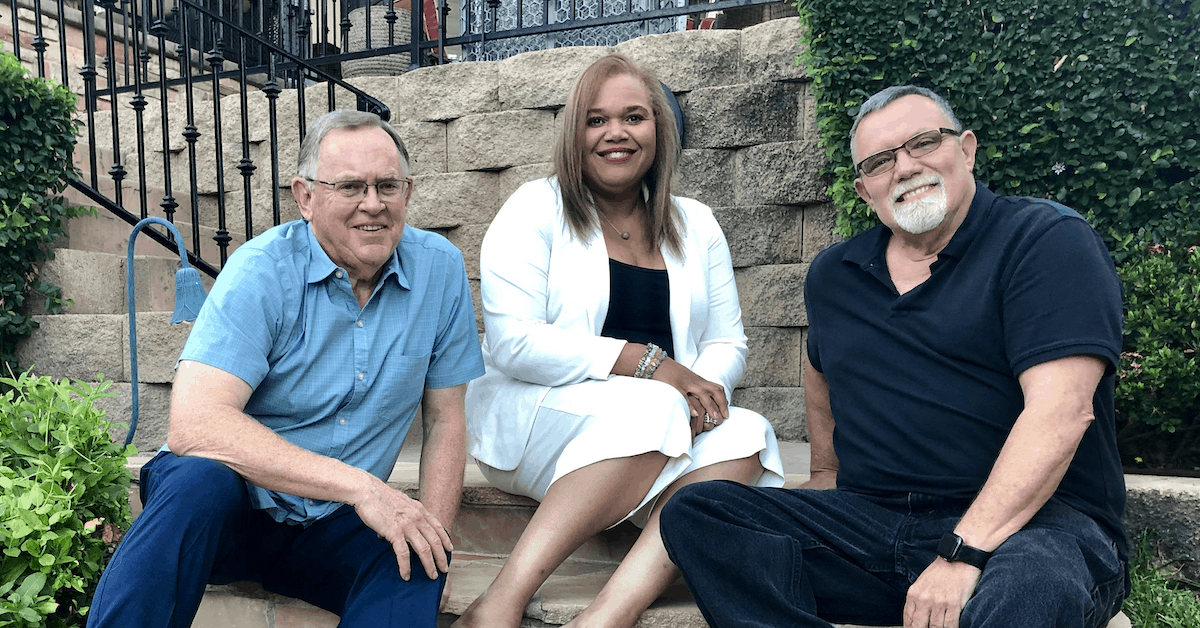
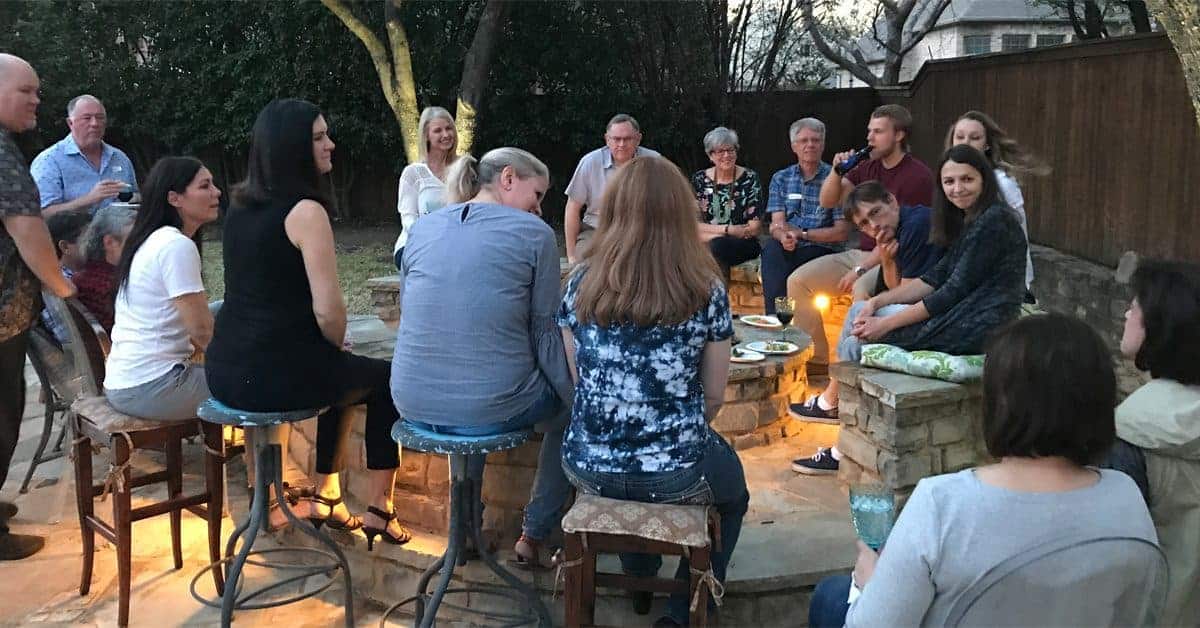

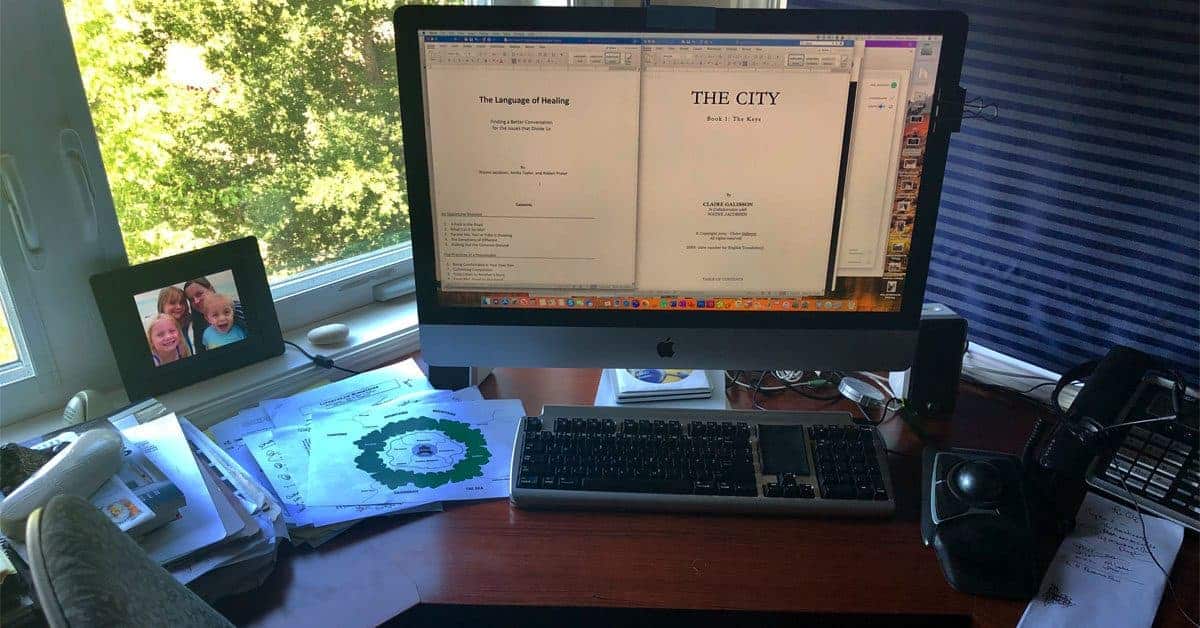




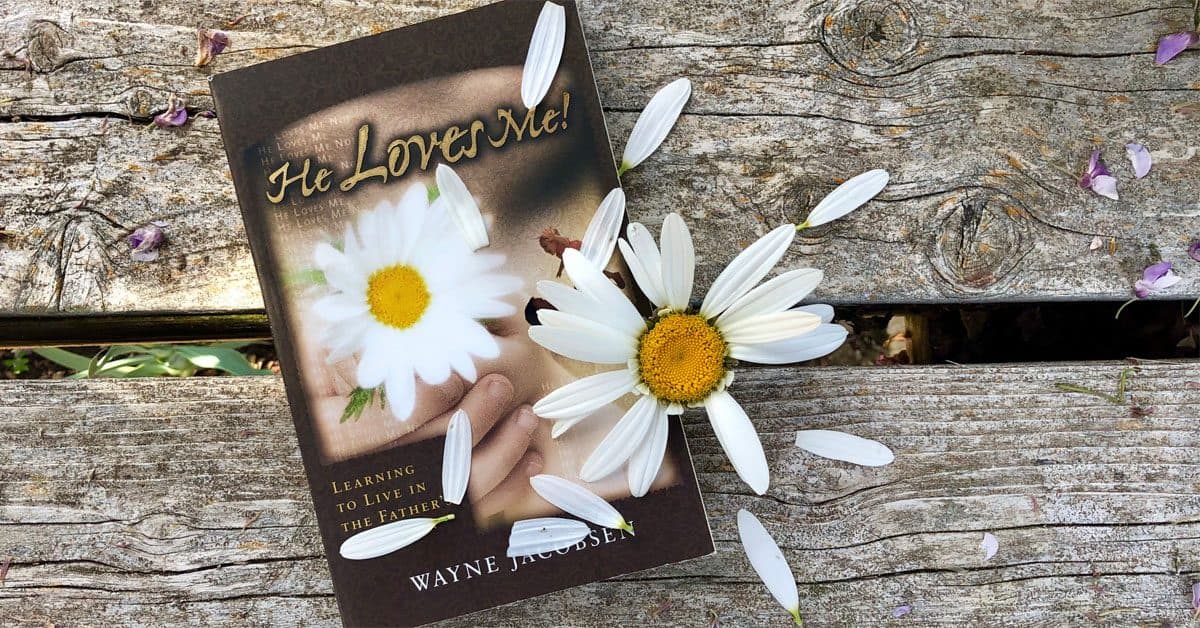
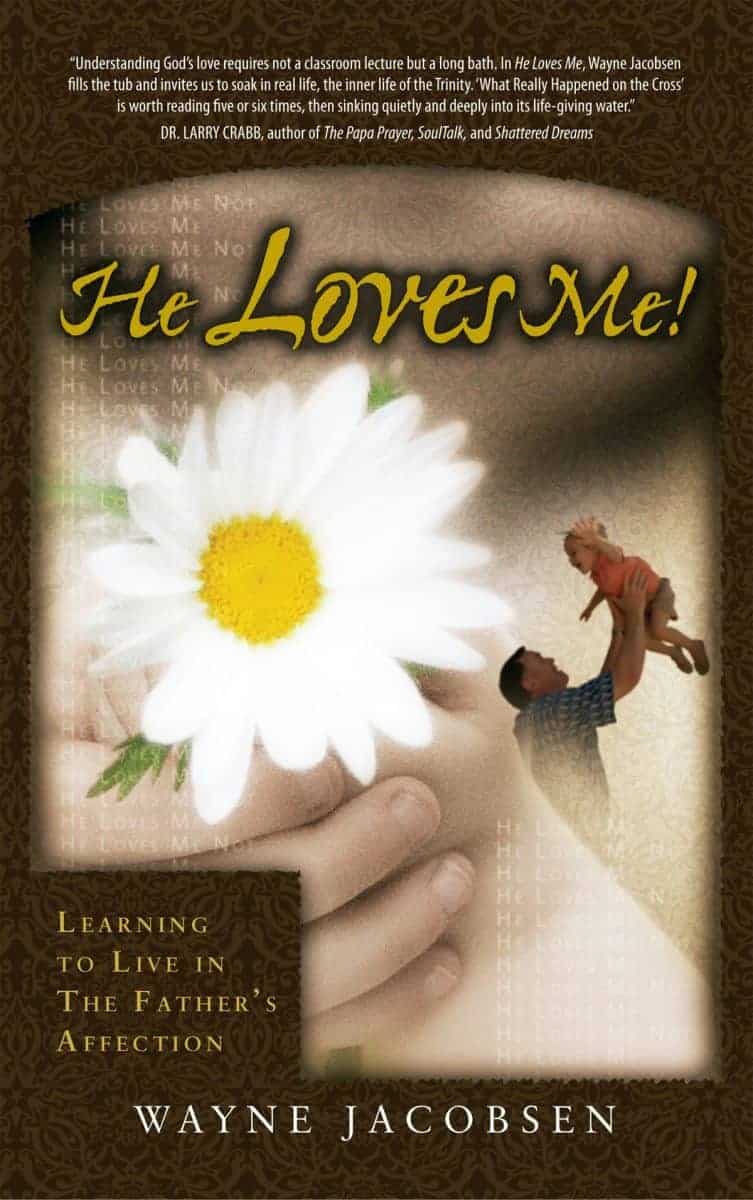 THE LITTLE GIRL STANDS in the backyard chanting as she plucks petals one by one from the daisy and drops them to the ground. At game’s end, the last petal tells all; whether or not the person desired returns the affection.
THE LITTLE GIRL STANDS in the backyard chanting as she plucks petals one by one from the daisy and drops them to the ground. At game’s end, the last petal tells all; whether or not the person desired returns the affection.